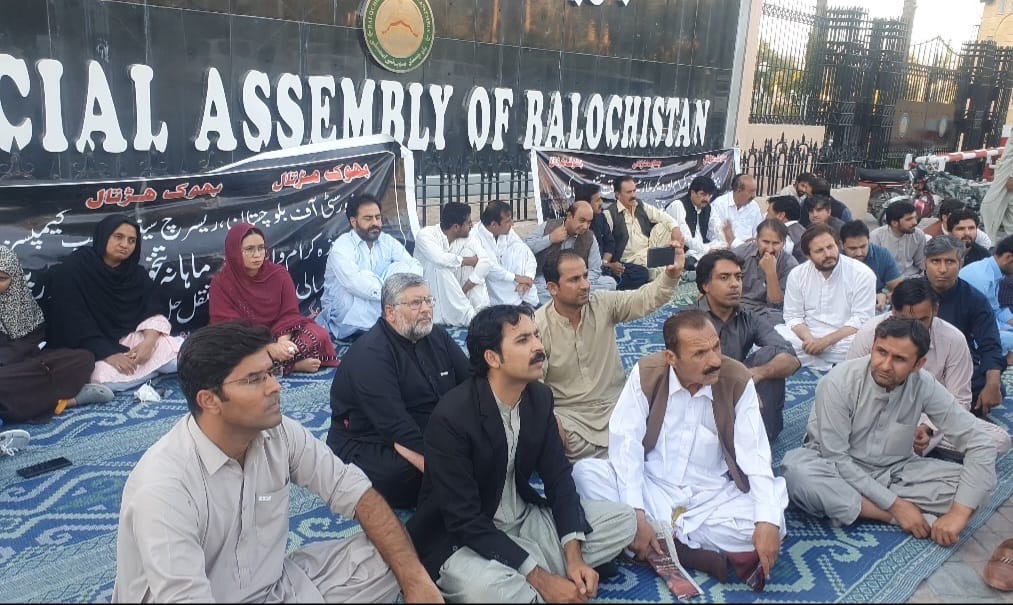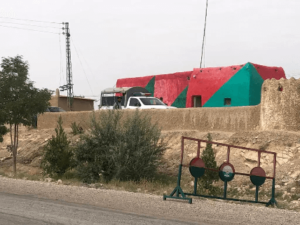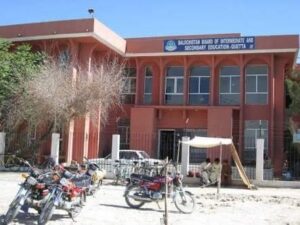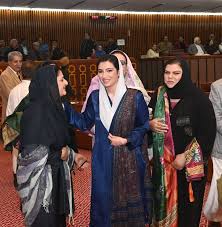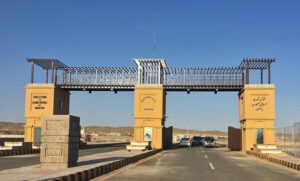Khyber Khan
Since the 2019 budget cuts imposed on the Higher Education Commission (HEC), public sector universities (PSUs) in Balochistan, including BUITEMS, have faced severe financial challenges. The situation has been particularly dire at the University of Balochistan (UOB), where paying salaries has become difficult, sparking unrest among employees. However, BUITEMS is grappling with an even more complex crisis, attributed to HEC budget slashes, financial mismanagement, and the absence of a provincial education commission.
BUITEMS, founded in 2002, has struggled to overcome its financial burdens. The 2019 budget cuts reduced HEC funding by 28%, which used to cover 70% of higher education costs. Coupled with the depreciation of the Pakistani rupee, this created a significant financial strain. Internal mismanagement has exacerbated these issues, as BUITEMS has been unable to establish an endowment fund or implement a comprehensive healthcare policy for employees. According to a 2021 report by the university’s finance department, pension liabilities have surged to over PKR 3.95 billion. Furthermore, a lack of transparency regarding General Provident Fund (GPF) and Benevolent Fund (BF) deductions has added to employee dissatisfaction.
The university also faces a severe brain drain, as it struggles to retain highly qualified faculty members. This issue, if left unaddressed, will have long-term negative effects on the institution and its students. Additionally, illegal promotions, including those of two deans and a registrar, have sparked further controversy. Despite multiple complaints submitted to the HEC, no investigation has been conducted, highlighting the inefficiency and slackness of regulatory authorities.
The financial and administrative crises at BUITEMS demand a two-tiered solution. First, the provincial government must take ownership of PSUs and allocate adequate budgets to ensure their financial stability. Second, regulatory bodies like the HEC must intervene in administrative matters to prevent malpractices and ensure fair treatment of employees. Addressing these issues is essential to restoring the integrity and future success of universities in Balochistan.
The author is a lecturer at BUITEMS
